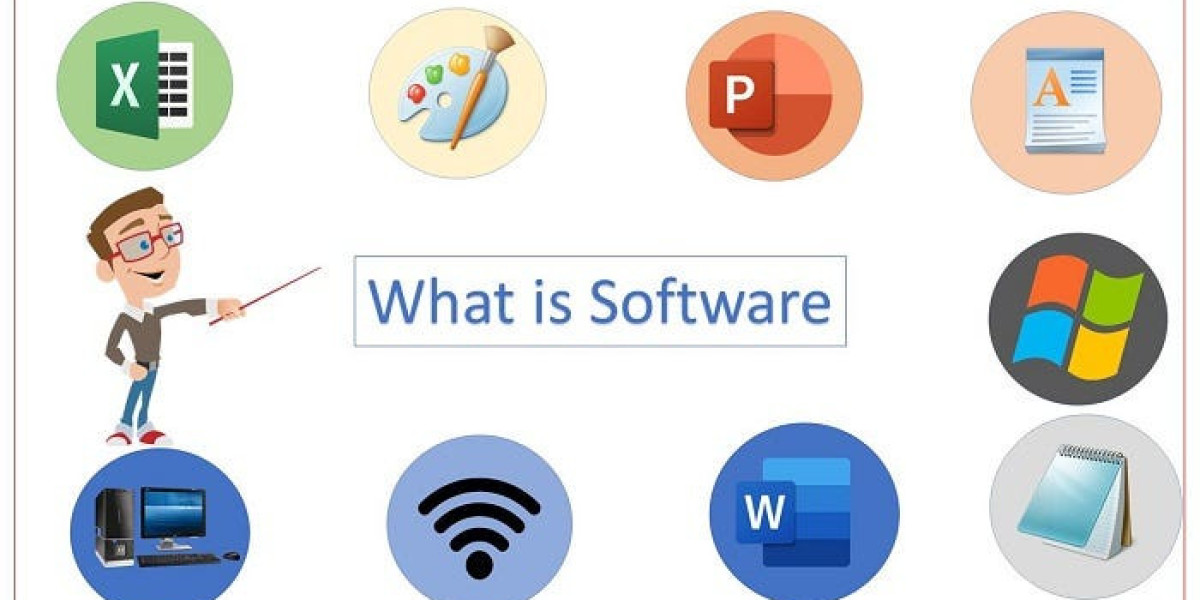The Power Trio: Flask, Django, and React.js in Modern Web Development
Introduction
In the dynamic world of web development, frameworks and libraries play a crucial role in shaping robust, efficient, and scalable applications. Among the plethora of options available, Flask, Django, and React.js stand out as three of the most powerful tools for developers. Each brings unique strengths to the table, making them highly sought after for various projects. This article explores the features, benefits, and ideal use cases of these technologies.
Flask: The Lightweight Microframework
Flask is a microframework for Python that provides the essentials needed to get a web application up and running without imposing any structure or dependencies. It's designed to be simple and flexible, allowing developers to build small to medium-sized applications with ease. Flask's minimalist approach means it doesn't include an ORM (Object Relational Mapping) or form validation by default, giving developers the freedom to choose their tools. This makes Flask perfect for projects where simplicity and speed are priorities, such as prototyping and building RESTful APIs.
Django: The Full-Featured Framework
Django is a high-level Python web framework that encourages rapid development and clean, pragmatic design. Unlike Flask, Django comes with a lot of built-in features, including an ORM, authentication, and an admin panel, making it a more batteries-included framework. This makes Django ideal for larger projects where these built-in tools can save significant development time. Its strong emphasis on reusability, less code, and the principle of "don't repeat yourself" (DRY) helps in maintaining scalable and maintainable applications. Django's robust security features also make it a preferred choice for handling sensitive data and building enterprise-level applications.
React.js: The Front-End Library
React.js is a JavaScript library for building user interfaces, particularly single-page applications where a seamless user experience is critical. Developed and maintained by Facebook, React allows developers to create large web applications that can update and render efficiently in response to data changes. The component-based architecture of React promotes reusability and manageability of code, making it easier to build complex user interfaces. React’s virtual DOM (Document Object Model) improves performance by minimizing direct manipulations of the actual DOM, resulting in faster and more responsive applications.
Combining Flask/Django with React.js
The combination of Flask or Django with React.js can create powerful and dynamic web applications. Flask or Django can handle the back-end operations, including data management, authentication, and server-side logic, while React.js takes care of the front-end, offering a rich and responsive user interface. This separation of concerns ensures a clean architecture where front-end and back-end developers can work simultaneously without stepping on each other’s toes. Using APIs to connect Flask/Django with React.js allows for scalable and maintainable code, and it leverages the strengths of both technologies.
Choosing the Right Stack
Choosing between Flask, Django, and React.js—or a combination of them—depends on the specific needs and scope of the project. For small projects or prototypes, Flask paired with React.js can provide the necessary speed and flexibility. For larger applications requiring more built-in functionality and security, Django with React.js might be the better option. Both frameworks paired with React.js offer a modern and efficient development experience, but understanding their individual strengths and use cases is key to making the right choice.
Conclusion
Flask, Django, and React.js each bring distinct advantages to web development. Flask’s simplicity, Django’s comprehensiveness, and React’s efficiency create a versatile toolkit for developers. Whether used independently or in combination, these technologies enable the creation of robust, scalable, and dynamic web applications, making them indispensable in the modern web development landscape.








